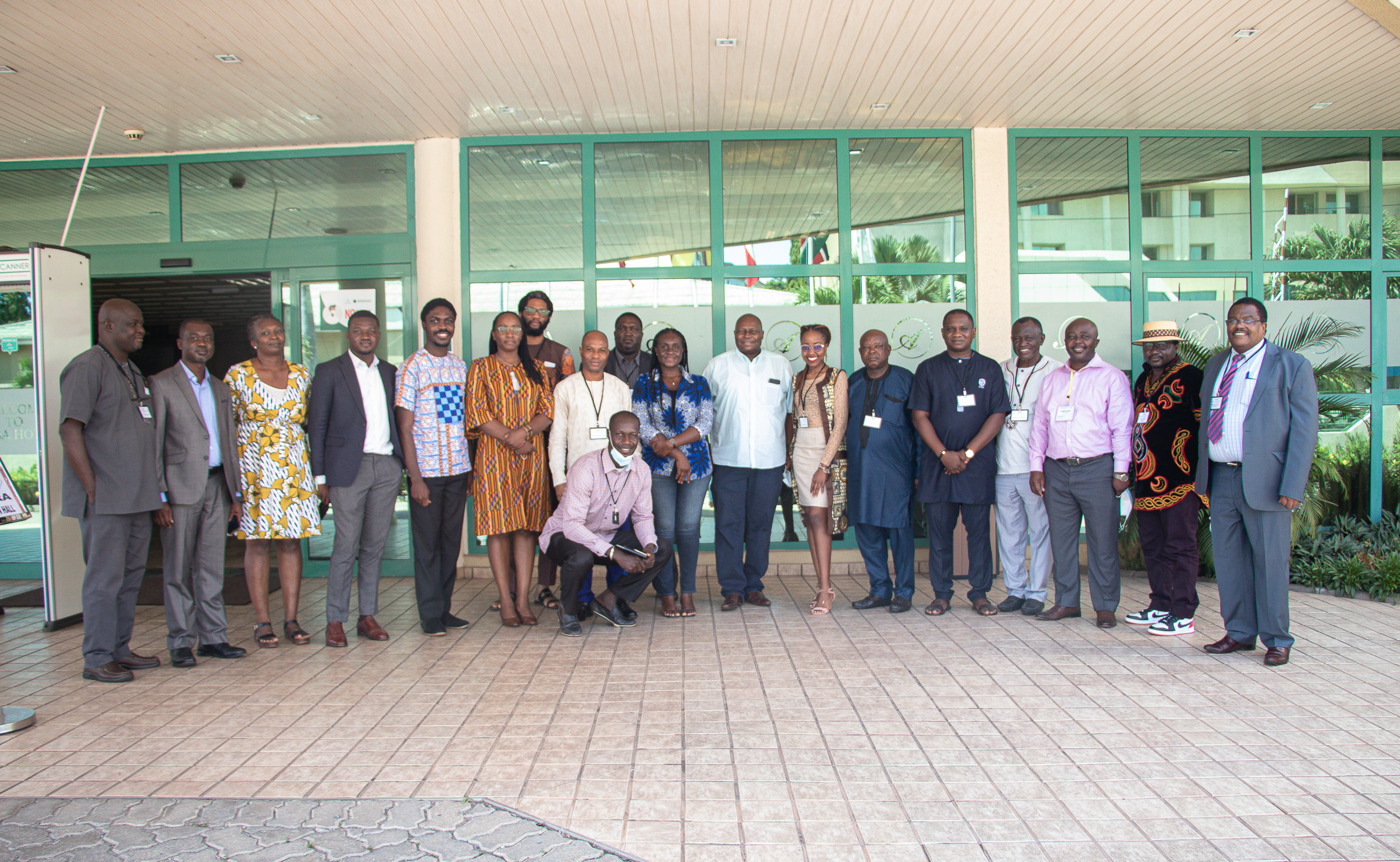Gender integration into National Investment Plans (NAIPs) across Africa is critical to ensure inclusiveness in the implementation of climate change adaptation interventions in agriculture. Most significantly, women’s participation in agriculture is high, and their output feeds most households in Africa, accompanied by gender gaps in access to information, input, education, technologies, and markets. The CSA continental studies that were presented on October 14 and 15, 2021, at the Technical and Policy Dialogue on Climate-Smart Agriculture in Africa revealed that gender issues are grossly underrepresented.
Therefore, efforts towards gender mainstreaming must be responsive to country priorities while facilitating systems that will foresee impact at scale, such as multi-stakeholder initiatives at local, national, and global levels. At the same time, National investment plans should prioritize systemic, integrated action, such as the Agricultural Innovation Systems approach that is being advanced by the Forum for Agricultural Research in Africa (FARA). To be effective, investment plans should be anchored in the science, evidence, and knowledge that has emerged in the CSA studies so far.
At the dialogue, Dr. Podisi, the CAADP XP4 program coordinator at CCARDESA, highlighted that gender disparity and social exclusion continue to hamper development progress. He reported that out of 162 CSA initiatives, 40.3% consciously incorporated gender equality and social inclusivity. Out of 351 CSA initiatives reported in the ASARECA region, only 131 are gender-responsive. Prof. Alessandro Cocchi also alluded that African Extension and Advisory Systems (AEAS) institutions are generally unprepared to mainstream gender equality issues across CSA initiatives. Women are generally underrepresented within the AEAS to champion the cause of gender mainstreaming in the implementation of CSA initiatives.
As we observe the international rural women’s day, we need to interrogate our approaches, attitudes, and perception, especially towards gender equality across CSA initiatives. Rural women are counting on us to intentionally generate and implement solutions that will provide tangible solutions for addressing CSA challenges and making CSA initiatives gender-balanced, transformative, and equitable.
Possible solutions to ensure such plans should not end up on bookshelves but are implemented
- Strengthening the capacity of stakeholders in mainstreaming gender and social inclusivity for CSA. I suggest a deeper assessment on the ‘what’ and ‘how’ gender-responsive policies impede the formulation and operationalization of these strategies. In Mozambique, for example, the Climate Change and Gender Action Plan (ccGAP) aims to comprehensively develop and integrate the gender perspective throughout the environmental sector to improve the quality of life for all Mozambicans, particularly for women and local communities.
- Secondly, we need to establish a continental mechanism to monitor progress on gender mainstreaming within these CSA initiatives by holding them accountable for gender equality in their leadership, internal workplace policies, and outcome. The tools developed should be able to generate gender-disaggregated data.
- Member states governing bodies on environmental issues should commit to advancing gender equality and women’s empowerment on CSA outcomes. I also suggest that the National Investment Plans of African countries to be hinged on gender budgeting, women’s leadership, and monitoring of gender outcomes.
Therefore, efforts must be made to ensure gender-sensitive language in the implementation of CSA initiatives. Texts referring to or addressing both women and men must make women and men equally visible. This applies to, amongst others, documents, texts on the internet, advertising for events, folders, posters, and films.
Furthermore, CSA stakeholders must pay attention to a gender-sensitive choice of images when preparing public relations material on Climate-Smart Agriculture. In this International Rural Women’s Day, under the theme “rural women cultivating good food for all,” let us recognize the work of the rural women in contributing to Climate-Smart Agriculture. Let us enhance CSA integrated approaches in the rural areas that provide equal opportunities for all.






One Comment
Bravo, rural women have much to offer andI will gladly work towards this with any interested parties